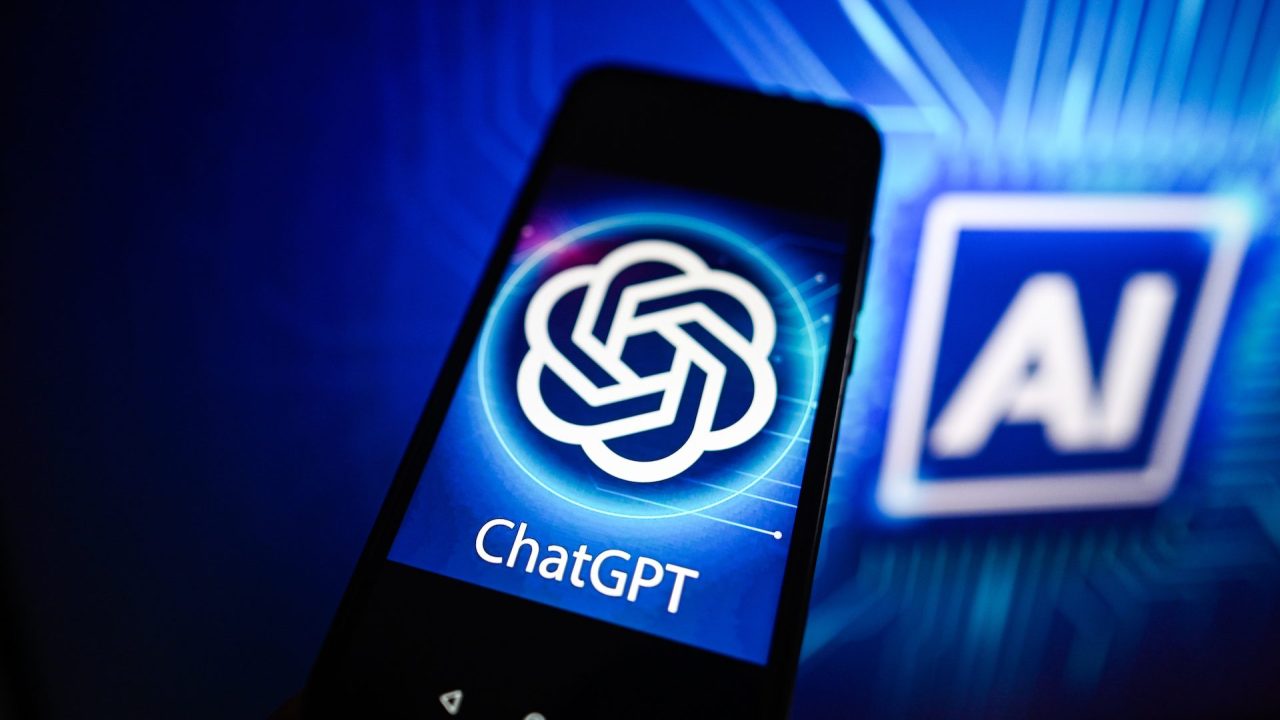The recent ruling by the U.S. Patent and Trademark Office (USPTO) denying OpenAI’s attempt to trademark the term “GPT” has sparked widespread discussions across industry platforms. This decision underscores the complexities of branding in the rapidly evolving artificial intelligence landscape. At a glance, this might seem like a setback for OpenAI, but what does this mean for both the company and competitors in the AI space? Let’s delve deeper into this pivotal moment.
Understanding the Ruling
The USPTO categorized “GPT,” which stands for “generative pre-trained transformer,” as merely descriptive. In essence, this means that the term cannot be exclusively claimed by OpenAI since it describes the fundamental characteristics of the technology rather than serving as a distinct brand identity. The rejection from the USPTO marks a final decision following a previous denial in October, emphasizing that “GPT” has other widespread uses and meanings in the technology sphere.
Impact on OpenAI’s Branding
- Loss of Exclusive Rights: OpenAI cannot prevent others from utilizing the term “GPT” in their AI products. This opens the floodgates for potential competitors to adopt similar names, like “TalkGPT” or other variations.
- Brand Recognition Persistence: Despite the trademark denial, OpenAI enjoys a substantial first-mover advantage. When consumers hear “GPT,” many instinctively associate it with OpenAI’s ChatGPT, the trailblazer of conversational AI.
- Strategy Reorientation: The company may adapt its branding strategies to reinforce its identity as the original inventor of the GPT model. We might see increased marketing efforts highlighting the association between “GPT” and the OpenAI brand.
A Broader Competitive Landscape
The refusal to trademark “GPT” does not only affect OpenAI; it also sets the stage for competitors. With “GPT” becoming a common term in AI discussions, more companies may leverage it in their product names. This could lead to a range of applications that fall under the umbrella of generative models, thus expanding the visibility and use of “GPT” terminology.
As seen with other popular technologies, such as “Wi-Fi,” having a widely accepted term that lacks trademark protection can sometimes dominate the market discussions, allowing many players to innovate without fear of legal repercussions. This makes the AI field even more competitive as various startups and established brands look to carve out their niches.
The Future of AI Terminology
The ruling brings forth an important consideration regarding the evolution of technology terms. Are these terms free for use, or should companies be allowed to trademark technology descriptors that become synonymous with their products? This debate could shape future policies regarding intellectual property for generative models and other emergent technologies.
At fxis.ai, we believe that such advancements are crucial for the future of AI, as they enable more comprehensive and effective solutions. Our team is continually exploring new methodologies to push the envelope in artificial intelligence, ensuring that our clients benefit from the latest technological innovations.
Conclusion
The denial of trademark registration for “GPT” may initially appear detrimental to OpenAI, but it opens the doors for a vibrant and diverse AI marketplace. While competitors might increasingly adopt the term, OpenAI’s recognized status and pioneering role in the conversation around generative models remain firmly established. As we witness an influx of new players entering the space, the broader impact of this ruling will be worth watching.
For more insights, updates, or to collaborate on AI development projects, stay connected with fxis.ai.

